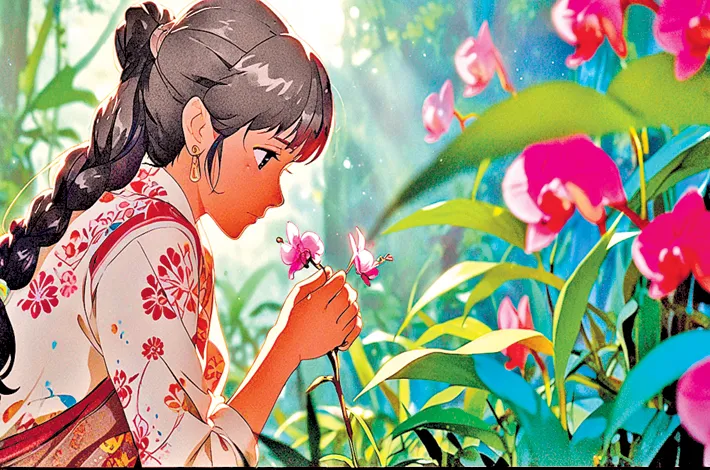The Whisper of the Pines
10-06-2025 12:00:00 AM

In the misty hills of Pithoragarh, where the Kumaon Himalayas cradled the town in their ancient embrace, Arjun and Meera found solace in the rhythm of nature. Both in their mid-twenties, they had come to this quiet corner of Uttarakhand for a conservation project, working to protect the endangered Himalayan griffon vultures and restore the region’s fragile ecosystem. Their days were spent trekking rugged trails, monitoring wildlife, and planting native saplings, but it was in the silences between their tasks that something deeper began to bloom.
Arjun, with his easy smile and calloused hands from years of fieldwork, had grown up in a nearby village. He knew the mountains like a poet knows words, every ridge and stream a verse in his heart. Meera, a botanist from Delhi, brought a quiet intensity to their work, her eyes catching the smallest details—a rare orchid hidden in the undergrowth, the faint claw marks of a snow leopard. They were different, yet their shared love for the wild wove them together.
One crisp October morning, they set out to survey a remote valley near Munsiyari. The air was sharp with the scent of pine, and the Dhauladhar peaks gleamed under a pale sun. As they hiked, Meera pointed out a cluster of deodar saplings, their needles soft and green. “These will outlive us,” she said, her voice soft but certain. Arjun glanced at her, struck by the way her face lit up when she spoke of the forest. “They’ll tell our story,” he replied, half-joking, but his eyes lingered on her longer than he intended.
That evening, they camped by a gurgling stream, the firelight casting shadows on their faces. Meera shared stories of her childhood in the city, how she’d escape into books about forests she’d never seen. Arjun spoke of his grandmother’s tales, of spirits in the hills who guarded the trees. The conversation drifted, and soon they were laughing, their breath visible in the cold air. When Meera shivered, Arjun draped his shawl over her shoulders without a word. Their fingers brushed, and neither pulled away.
Days turned into weeks, and their work became a dance of unspoken connection. They’d catch each other’s gaze while tagging vultures or pause together to watch the sun dip behind Askot’s peaks. One rainy afternoon, taking shelter under a rocky overhang, Meera confessed her fear of failing—of not doing enough to save the land they loved. Arjun took her hand, his voice steady. “We’re planting seeds, Meera. Some will grow, some won’t. But we’re here, trying. That’s enough.” His thumb traced a gentle circle on her palm, and she felt her heart shift, like a river finding a new course.
Their romance grew quietly, like the wildflowers they protected. On their last night in Pithoragarh, under a sky blazing with stars, Arjun led Meera to a cliff overlooking the Kali River. The wind carried the scent of moss and earth. “I don’t want this to end,” he said, his voice raw. Meera stepped closer, her hand finding his. “It doesn’t have to,” she whispered. “The hills will always call us back.”
They stood there, two hearts tethered to the land and each other, as the pines whispered their approval in the night








